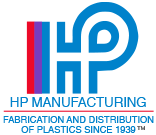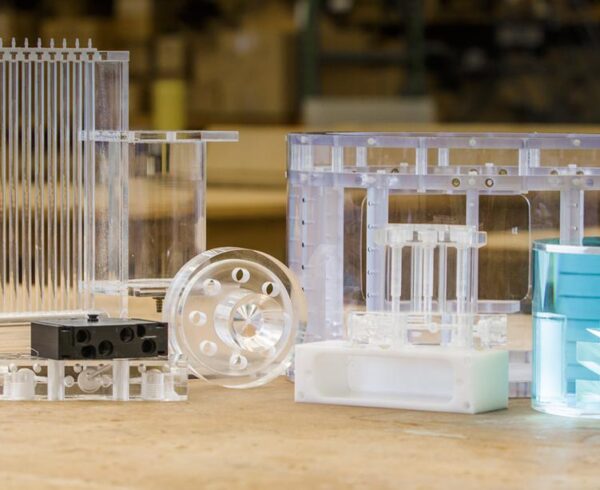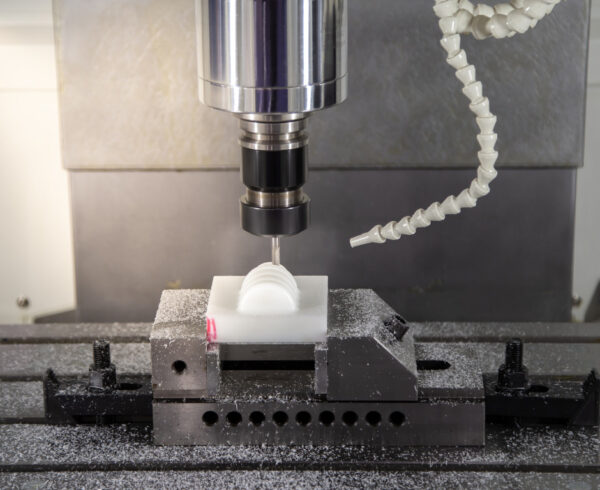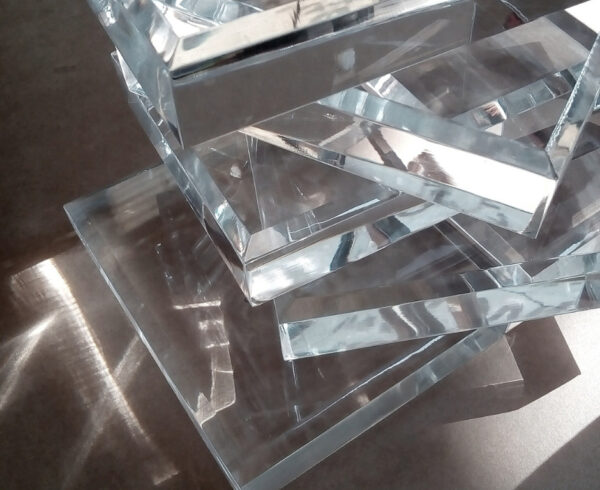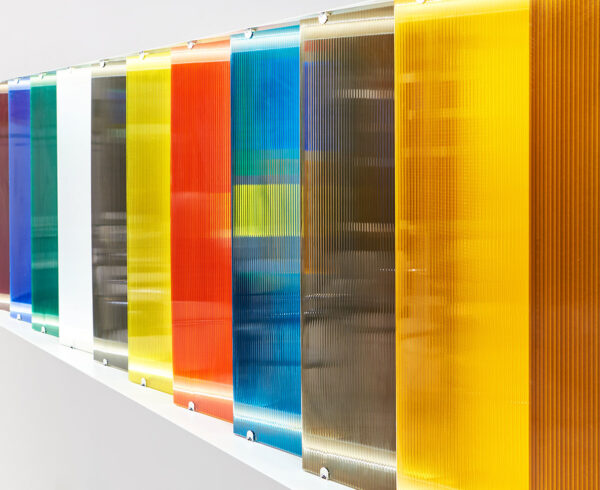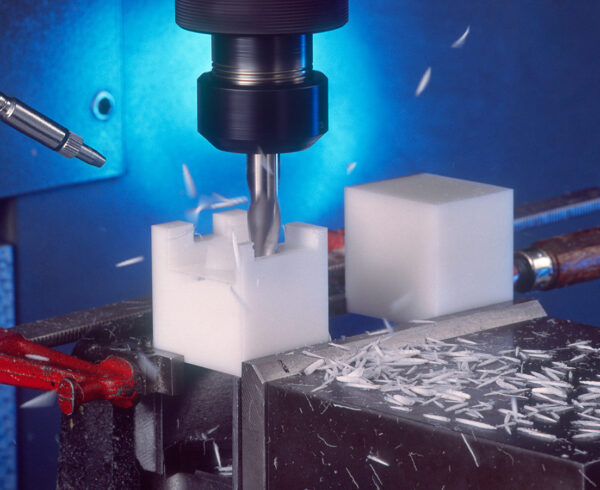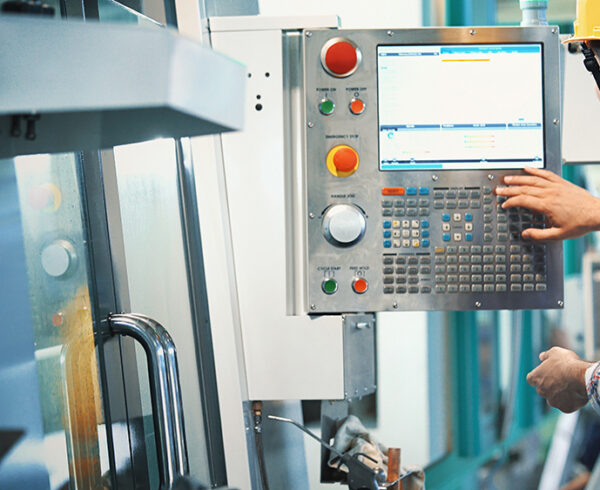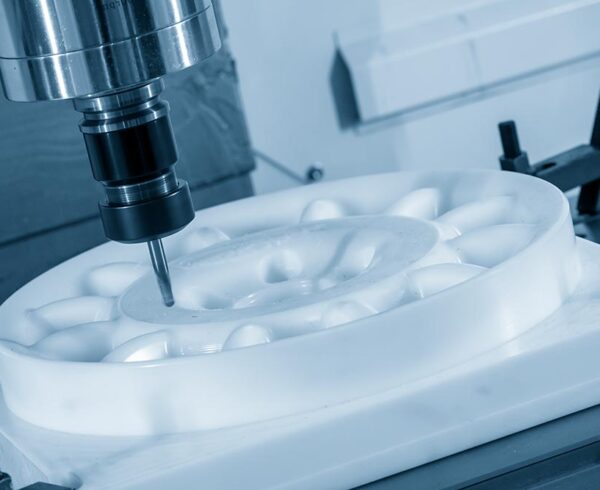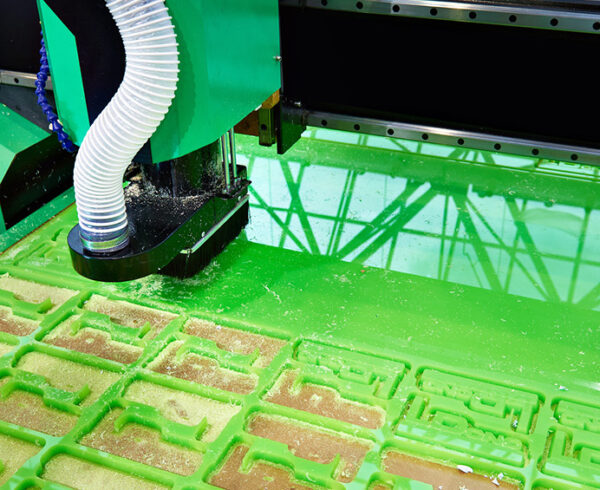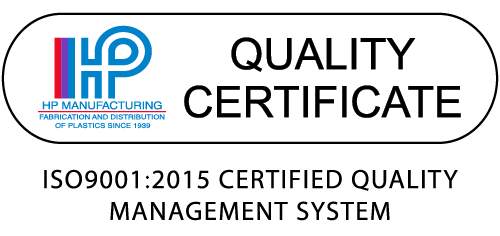Acrylics, a type of thermoplastic widely known for versatility and optical clarity, have revolutionized industries from architecture to art. With their exceptional properties and diverse applications, acrylics have become a go-to material for creative directors, visual merchandisers and engineers. However, manufacturing with acrylics demands a certain level of expertise due to the challenges associated with their handling and processing. In this blog post, we will delve into the remarkable properties that make acrylics stand out, as well as the expertise required to navigate the intricacies of working with this material.
- Optical Clarity and Transparency: Acrylics boast impressive optical clarity, rivaling that of glass. This exceptional transparency, combined with the material’s ability to transmit light with minimal distortion, makes it a popular choice for applications that require clear visibility. From display cases to architectural windows, acrylics provide a lightweight and shatter-resistant alternative to traditional glass.
- Outstanding Durability and Impact Resistance: Acrylics exhibit excellent durability and impact resistance, making them highly suitable for demanding environments. They can withstand physical stress and resist cracking or shattering, offering reliable protection against impact. This property makes acrylics ideal for applications such as protective screens, safety equipment, and outdoor signage. Moreover, their resilience against UV light ensures that acrylics retain their clarity and color stability over time, even when exposed to harsh sunlight.
- Versatility in Forming and Design: Acrylics offer designers the freedom to explore various shapes and forms. This material can be easily molded, bent or thermoformed into intricate designs, allowing for the creation of unique and visually appealing products. Its flexibility makes it perfect for architectural features, lighting fixtures and customized displays. Additionally, acrylics can be machined and laser-cut with precision, enabling the production of complex components for various industries.
Challenges in Machining and Fabrication
While acrylics present numerous advantages, they do pose specific challenges during machining and fabrication. One of the primary difficulties lies in achieving high-quality finishes. Acrylics are prone to scratching, which necessitates the use of specialized tools and careful handling throughout the manufacturing process. Additionally, due to their lower melting point compared to some other thermoplastics, acrylics require precise temperature control during machining to prevent melting or deformation.
Another challenge is their sensitivity to solvents. Acrylics can be damaged or dissolved by certain chemicals, so it is crucial to use compatible adhesives, cleaners and coatings to ensure optimal performance and longevity.
Furthermore, acrylics have a relatively low resistance to abrasion, and their surfaces can be marred by repeated contact or cleaning. You can enhance the durability of acrylic products by implementing protective measures, such as applying coatings or employing scratch-resistant variants.
Expertise and Techniques for Working with Acrylics
Working with acrylics requires expertise and knowledge of specialized techniques. Machining acrylics demands the use of sharp tools to minimize stress on the material and achieve clean cuts. It is also important to control the speed and feed rates during machining to prevent excessive heat buildup. For complex shapes, a particular specialty of ours at HP Manufacturing, laser cutting and CNC routing offer precision and minimize the risk of surface damage.
Proper bonding techniques are essential when joining acrylic components. Solvent-based adhesives specifically formulated for acrylics create strong and visually seamless bonds. In fact, these solvent-based bonds in some cases are stronger than the material itself, given the chemical weld that occurs after drying. Other options include mechanical fastening methods, such as screws or clips, depending on the design requirements.
Surface finishing is crucial for enhancing the aesthetic appeal of acrylic products. Techniques such as flame polishing and buffing can achieve a glossy, transparent surface. For larger applications, heat bending and thermoforming are used to ensure precise shaping without compromising the material’s integrity.
Acrylics have rightfully earned their reputation as a versatile material due to their optical clarity, durability and design flexibility. However, the challenges associated with machining, solvent compatibility and surface finishing require specialized knowledge and expertise.
Our staff of technicians and engineers at HP Manufacturing have the experience to unlock the full potential of Acrylics, creating stunning and functional products across a wide range of industries. Contact us today to ask about custom projects, components and parts made with acrylic or any of the specialty materials we work with on a daily basis.
